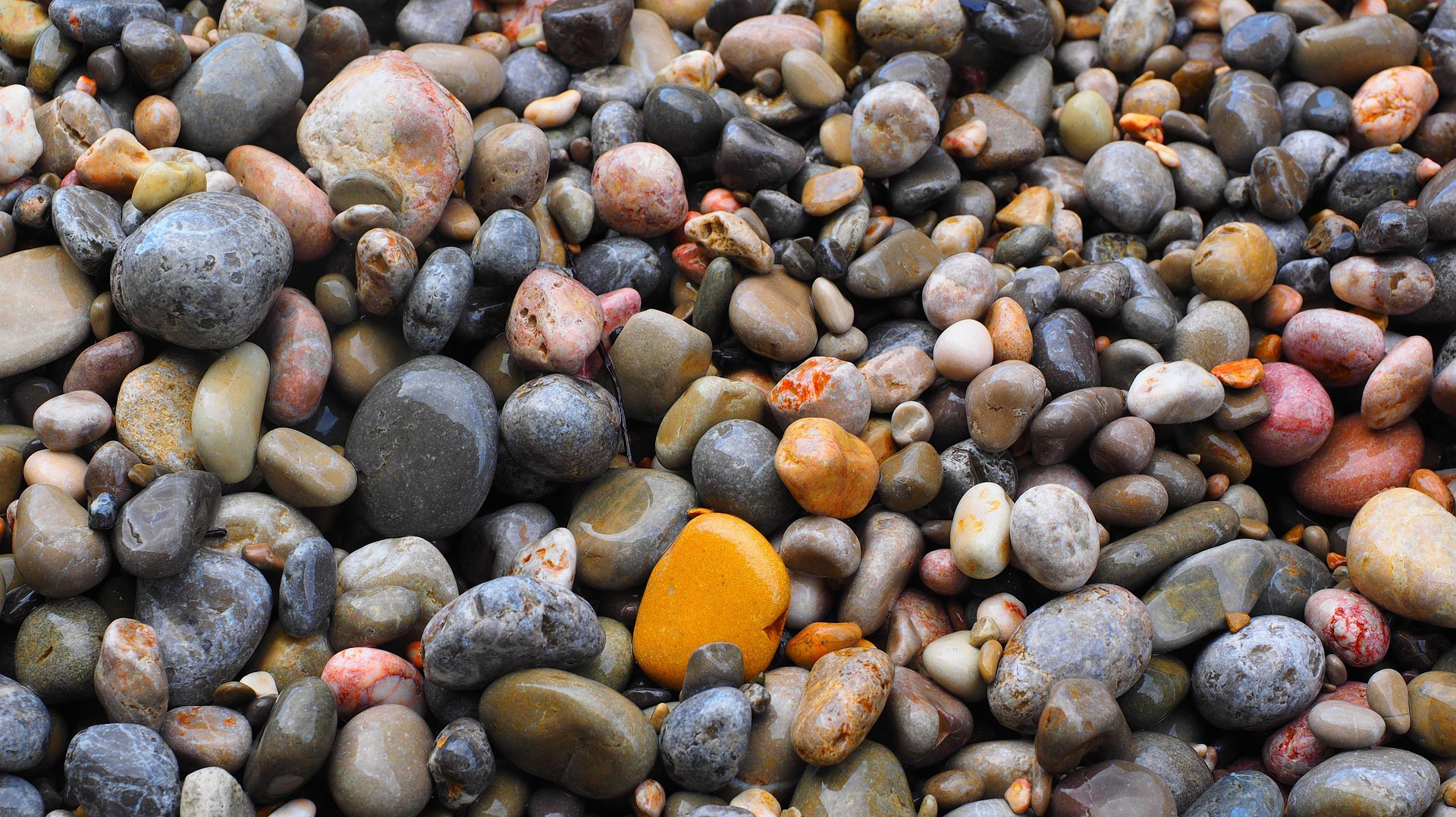Kidney Stones and Pain: Causes, Symptoms, and Effective Remedies
Kidney stones can cause excruciating pain, generally felt in the lower back or flank area, which is just below the ribs on either side of the spine. The pain is often sharp and severe, resembling colic, as kidney stones can block the flow of urine and cause significant discomfort. Another cause of kidney pain is infection, which can lead to inflammation and discomfort in the kidneys.
It’s important to note that while home remedies may help relieve symptoms or aid in passing small kidney stones, severe kidney pain or infections should always be evaluated by a healthcare provider. Untreated kidney infections can lead to severe complications such as kidney failure, so medical attention is crucial in some instances.
Causes of Kidney Stones
Kidney stones are solid deposits from minerals and salts inside the kidneys. They can be composed of calcium, uric acid, or oxalates and vary in size. Some stones are small and may pass without symptoms, while others can grow large and cause blockages in the urinary tract, leading to intense pain and other complications.
Common causes of kidney stones include:
- Dehydration: Not drinking enough water can cause urine to become concentrated, forming crystals.
- Dietary factors: High intake of oxalates (found in spinach, chocolate, and nuts), excessive sodium, or too much animal protein can contribute to stone formation.
- Medical conditions: Conditions such as hyperparathyroidism, gout, and urinary tract infections can increase the risk of developing stones.
- Genetic factors: A family history of kidney stones may increase the likelihood of developing them.
Symptoms of Kidney Stones
- Intense pain in the back or flank area
- Pain that radiates to the lower abdomen and groin
- Blood in the urine (hematuria)
- Nausea and vomiting
- Frequent and painful urination
- Fever and chills (indicating an infection)
When to Seek Medical Help
While home remedies can assist in preventing and relieving symptoms of kidney stones, you should seek medical attention if you experience:
- Persistent and severe pain that doesn’t improve
- Blood in your urine
- Fever and chills (indicative of an infection)
- Difficulty passing urine
Large stones or recurrent kidney stones may require medical treatments such as lithotripsy (using sound waves to break up stones), ureteroscopy, or surgery in extreme cases.
Effective Home Remedies for Kidney Stones and Pain
Kidney stones can be excruciating, but many natural remedies and dietary adjustments can help manage symptoms and prevent future stones. Drinking plenty of water, consuming citric-rich foods like lemon, and using natural diuretics like parsley and dandelion tea can support kidney health. However, consulting a healthcare provider is essential if symptoms worsen or persist.
Stay Hydrated
Drinking plenty of water is one of the simplest and most effective ways to prevent and help pass kidney stones. Aim for at least 10-12 glasses of water daily to help flush out stones and prevent new ones from forming.
Lemon Juice and Olive Oil
Lemon juice is rich in citric acid, which can help break down calcium-based kidney stones. Due to its lubricating properties, olive oil may also help ease the passage of stones.
Lemon Juice and Olive Oil Recipe:
- Mix 2 oz of lemon juice with 2 oz of olive oil.
- Drink the mixture, followed by a glass of water.
- Repeat up to twice daily until the stone passes.
Apple Cider Vinegar
Apple cider vinegar contains acetic acid, which may help dissolve kidney stones. It also helps alkalize the blood and urine, which may reduce the formation of stones.
How to use:
- Mix 1-2 tablespoons of raw apple cider vinegar with water.
- Drink this mixture throughout the day, particularly before meals.
Dandelion Root Tea
Dandelion root is a natural diuretic that promotes healthy kidney function. It also helps flush out toxins and stones.
How to use:
- Steep 1-2 teaspoons of dried dandelion root in hot water for 10-15 minutes.
- Drink 2-3 cups daily to help cleanse the kidneys.
Basil Tea
Basil contains compounds that may help reduce uric acid levels, which makes it beneficial in preventing and treating kidney stones.
How to use:
- Steep 5-6 fresh basil leaves or 1 teaspoon of dried basil in hot water for 10 minutes.
- Drink 1-2 cups daily.
Pomegranate Juice
Pomegranate juice is rich in antioxidants and may help prevent stone formation by lowering urine acidity and reducing the risk of stone formation.
Wheatgrass Juice
Wheatgrass is a powerful detoxifier and diuretic, which helps increase urine production and may assist in the expulsion of small stones.
How to use:
- Drink 1/2 cup of wheatgrass juice daily, preferably on an empty stomach.
Magnesium
Magnesium helps prevent the formation of kidney stones by reducing oxalate absorption in the gut. Studies show that magnesium intake can lower the recurrence of kidney stones. Aim for magnesium-rich foods like spinach, almonds, and avocados, or consider a magnesium supplement (200-400 mg daily).
Celery Seed Tea
Celery seeds are a natural diuretic that may help eliminate toxins and stone-forming substances from the kidneys.
How to use:
- Boil 1 tablespoon of celery seeds in 2 cups water for 10 minutes.
- Strain and drink once it cools.
Parsley
Parsley is a well-known diuretic herb that helps flush out excess water and promotes kidney function.
How to use:
- Boil a handful of fresh parsley in 1 liter of water for 10 minutes.
- Strain the liquid and let it cool.
- Drink throughout the day for several days.



